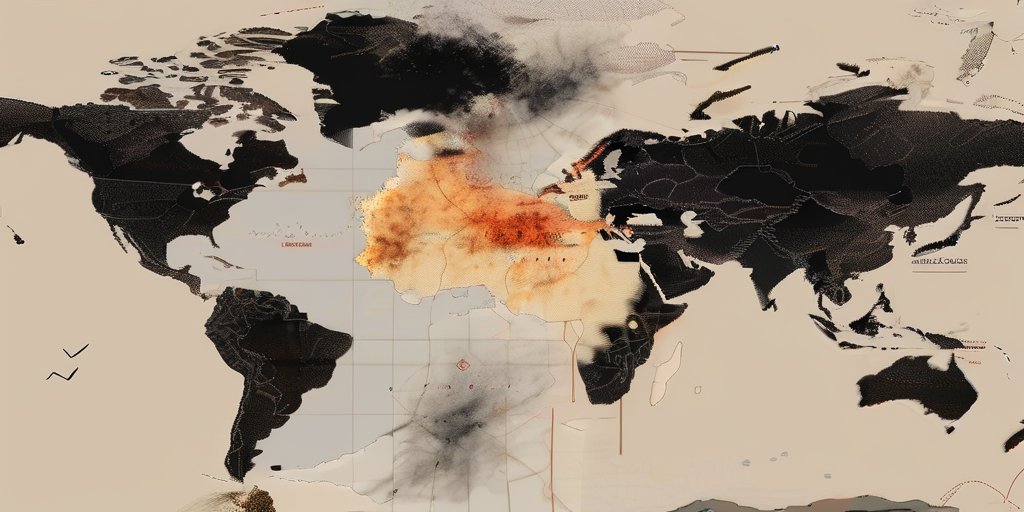In a dramatic escalation of tensions between the United States and Iran, President Donald Trump has lauded the recent airstrikes on three sites in Iran, affirming that these strategic attacks have inflicted “monumental damage” using advanced American bunker-buster bombs. This military initiative came as a direct response to Israeli Prime Minister Benjamin Netanyahu’s concerns regarding Iran’s nuclear ambitions, intensifying the already volatile situation in the Middle East.
The strikes unfolded after a tumultuous week of hostilities, initiated by Israel’s efforts to dismantle what they perceive as a nuclear threat posed by Tehran. Both Trump and Netanyahu share a profound concern that Iran may soon attain a capacity to construct nuclear weapons, to which Iran has consistently denied any such intentions.
The international community is watching closely as the United Nations nuclear watchdog urges an immediate ceasefire to facilitate thorough inspections of Iran’s nuclear facilities. Iran has responded vehemently to the attacks, promising severe repercussions, describing the US actions as provocative and unjustified.
In a further escalation, the Israeli military reported missile launches from Iran aimed at its territory, leading to retaliatory strikes on six airports in Iran. This exchange of military actions raises significant concerns about regional stability and potential wider conflicts.
Currently, approximately 40,000 US troops stationed in the Middle East are on high alert, anticipating possible retaliation from Iran. The US State Department has issued a global alert, urging American citizens to exercise heightened caution while traveling abroad.
Adding to these geopolitical tensions, Iran’s parliament has moved to approve a critical measure that could close the Strait of Hormuz, a vital maritime corridor for global oil and gas trade. This decision could severely disrupt international markets and transportation routes as nearly a quarter of the world’s oil supply traverses this narrow pathway. Secretary of State Marco Rubio has urgently called on China to intervene and prevent Iran from taking such drastic actions.
In the midst of these escalating tensions, Iran’s foreign minister has made a strategic visit to Moscow to convene with President Vladimir Putin, discussing the shared challenges posed by the West and collaborative efforts against perceived threats in the region. This meeting underscores Iran’s diplomatic maneuvering in response to the heightened pressure from the US and its allies.
